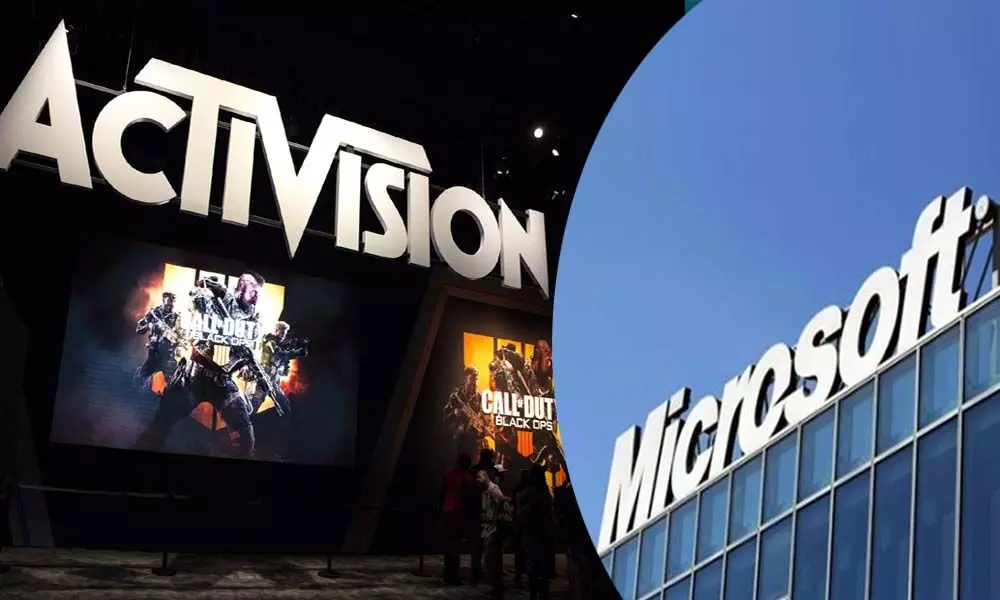On Monday, Microsoft Corporation (MSFT.O) won a dismissal of a private consumer antitrust lawsuit over its proposed acquisition of Activision Blizzard Inc (ATVI.O), but the plaintiffs were given an opportunity to refine their legal challenge.
The lawsuit from a group of video game plaintiffs was ruled by a federal judge in San Francisco to “lack allegations” supporting their claim that the proposed acquisition would harm market competition.
Judge Jacqueline Corley from the US District Court pointed out that the plaintiffs in the case failed to provide specific details to back up their argument that the merger of Microsoft and Activision Blizzard would result in “higher prices, less innovation, less creativity, less consumer choice, decreased output, and other potential anticompetitive effects.”
According to the judge, the plaintiffs needed to provide more elaborate explanations on how exactly the merger would lead to these negative impacts.

Microsoft announced its bid for Activision Blizzard last year, a deal worth $69 billion, and it faces competition scrutiny in the European Union and the United Kingdom, as well as a regulatory challenge from the U.S. Federal Trade Commission (FTC). Microsoft has denied that the deal would harm video game competition.
Will Microsoft win Activision lawsuit?
According to US antitrust law, private consumers are allowed to challenge mergers and acquisitions independently of government actions. In this case, an evidentiary hearing before the FTC has been scheduled for early August.
It’s worth noting that Judge Corley’s ruling does not have any impact on the regulatory challenge that the FTC is conducting regarding the proposed acquisition, which is the largest-ever in the gaming industry.
Microsoft’s spokesperson and its lawyers did not provide any immediate response to requests for comment. Joseph Saveri, the plaintiffs’ lawyer, told Reuters that they intend to file an amended lawsuit with more detailed information to address the concerns raised by the judge in their case.
The plaintiffs aim to address the areas where the judge suggested they needed to provide more allegations. The judge scrapped a planned hearing on whether to issue a preliminary injunction, and a status hearing is scheduled for April 12.
The acquisition could lead to increased investment in gaming and technology, resulting in more innovative and engaging gaming experiences for consumers. On the other hand, if the acquisition reduces competition, it could result in fewer options and higher prices for consumers, as well as potentially limiting opportunities for smaller game developers.
The regulatory scrutiny that the proposed acquisition is facing indicates that there are concerns about the potential impact on market competition.
While the dismissal of the private consumer antitrust lawsuit may seem like a positive development for Microsoft, it is still facing regulatory challenges from the FTC, as well as competition scrutiny in the EU and UK. Ultimately, the impact of this acquisition on the gaming industry will depend on how it affects market competition, and it remains to be seen how this will play out.











